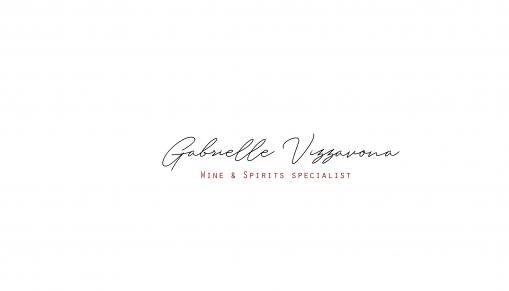Andrea Cantamessa, wine purchasing manager, Eataly group
“Our number one priority is to reconnect with our clients in person”
Andrea Cantamessa is the wine and spirits purchasing manager for the Eataly Group, which has 35 delicatessens (including 13 stores in Italy) and around 100 restaurants in 14 countries. Each store markets artisanal Italian products, has a large cellar housing several thousand wines and restaurants focusing on Italian specialities. Wine sales at Eataly totalled 3.5 million bottles in 2019, including 2 million in Europe.
How did the crisis affect Eataly’s wine sales in the first quarter of 2020?
All our shops were open. The fresh produce and delicatessen departments could be accessed, but not the restaurants located in-store. The first month was challenging, but as we got closer to Easter our sales strengthened. Online sales experienced a meteoric rise. Overall, we sell more wine today than we did this time last year.
There are Eataly stores on several continents. Was the uptick the same in Europe and in the United States?
Europe led the way with a 10% increase in our wine sales from January 1 to May 27, 2020. Conversely, in the United States we posted a 5% drop in our wine sales over the same period. This is due to the fact that exports and transportation were blocked right back in February by the health crisis. The Eataly group does not export directly to the United States, and recovery depends on importers, demand and available stocks. Orders from the United States and England have been picking up slowly over the past few weeks. More generally speaking, Italian wine exports are slowly starting to recover as markets gradually reopen.
You have around one hundred restaurants in your stores which reopened in Italy in May. How did the resumption of business work out?
Footfall in our restaurants remains fairly low because we no longer have our holiday or business clientele. The vast majority of people are still working remotely, and depending on the location, they can make up a significant portion of our restaurant-goers. In Milan, for example, this represents a loss of clientele of nearly 50%, because there are many offices all around. This is compounded by the health rules that have to be complied with, which means that our restaurants run on a reduced capacity.
Your online sales grew. What was the rate of increase and how can they be leveraged after the crisis?
Our online sales made huge headway, soaring by 400% over the period. In September, we are going to set up a new online sales website, which will aim to stock 5,000 SKUs of Italian wines and also some French offerings. However, our number one priority is to reconnect with our clients, staff and producers in person.
